An Open Platform for Sustainability and Policy Innovation
Through open access research, policy insights, and educational initiatives, OLGE nurtures collaboration across sectors to build a sustainable, inclusive, and low-carbon future.
Our Work
OLGE’s core work is structured across Six functional modes:
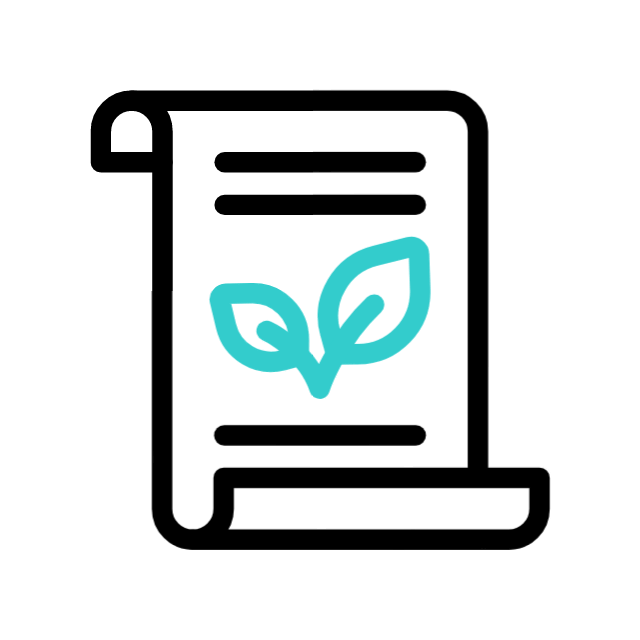
Policy Writing
Developing policy briefs, frameworks, and reports that align with national sustainability missions and global commitments such as the SDGs and the Paris Agreement.
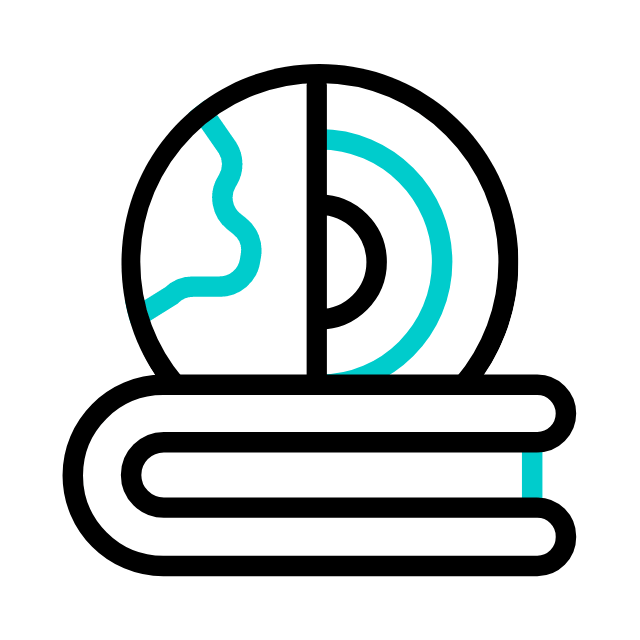
Knowledge Design
Curating open educational resources, whitepapers, and case studies to build public understanding of green economy concepts.

Communications
Creating clarity and coherence in sustainability narratives through editorial, digital, and visual storytelling.

Grant & Funding
Supporting institutions in mobilizing green finance and aligning CSR, ESG, and philanthropic investments with sustainable development priorities.
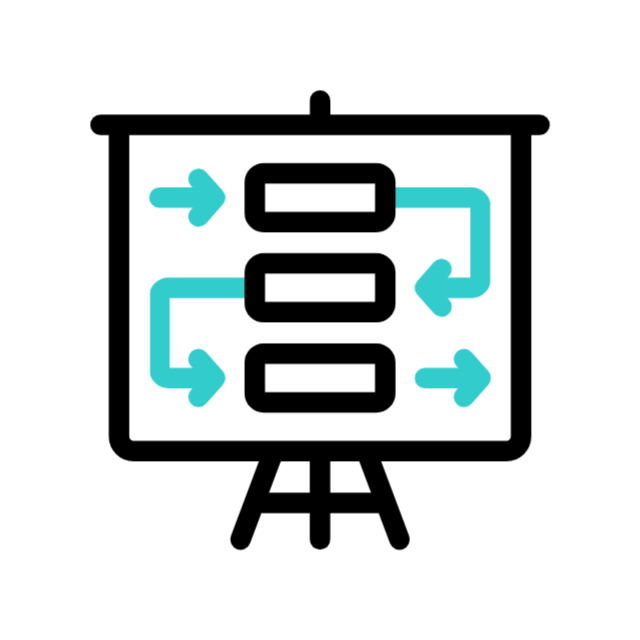
Strategic Alignment
Bridging policy intent and implementation by mapping initiatives to the National Mission on Strategic Knowledge for Climate Change (NMSKCC) and other government frameworks.
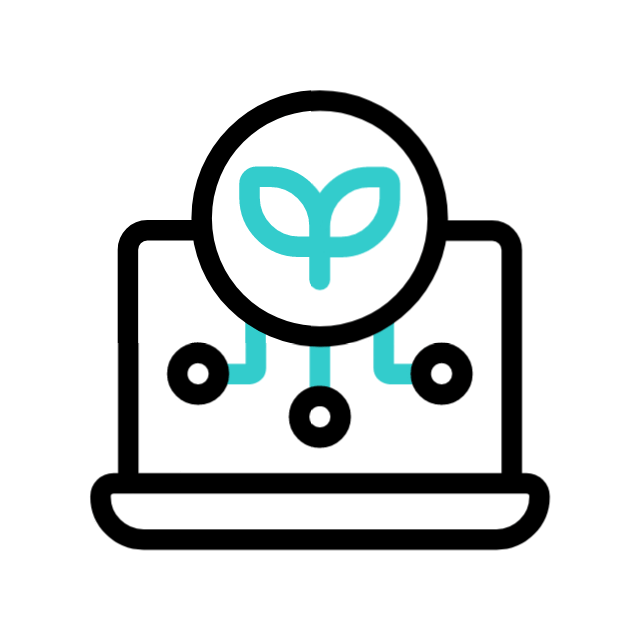
Tools & Tech
Building tools and platforms to measure, plan and transform business into sustainable work forces.
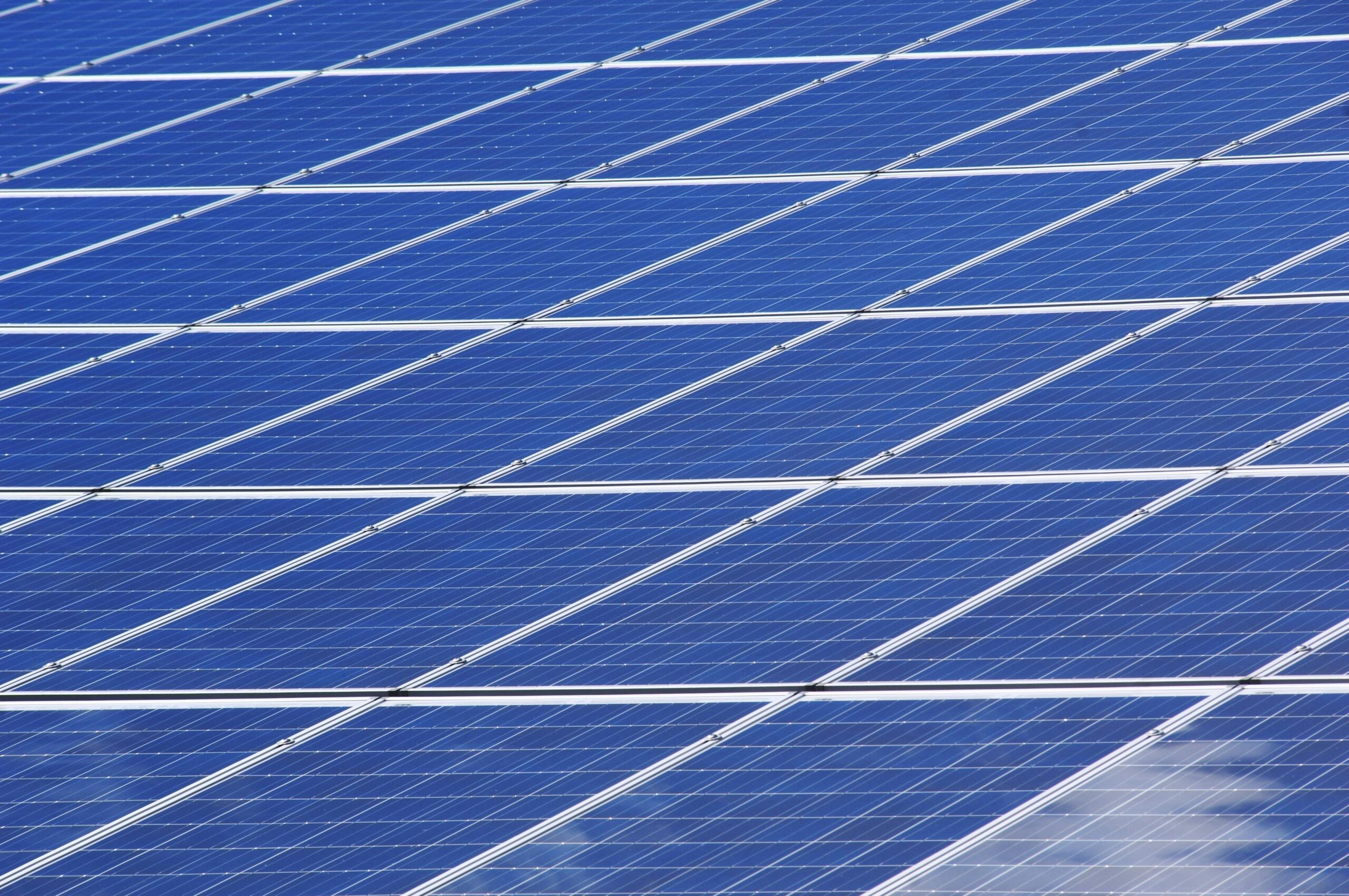
Our Mission
To serve as an open access platform for research, policy dialogue, and knowledge creation in the fields of green finance, sustainable development, and environmental governance. We work to connect ideas, institutions, and initiatives that are shaping India’s green transformation and are anchored in evidence, guided by equity, and driven by collaboration.
Our Vision
To democratize sustainability knowledge and empower institutions, businesses, and communities to align with the principles of a just, green, and regenerative economy.

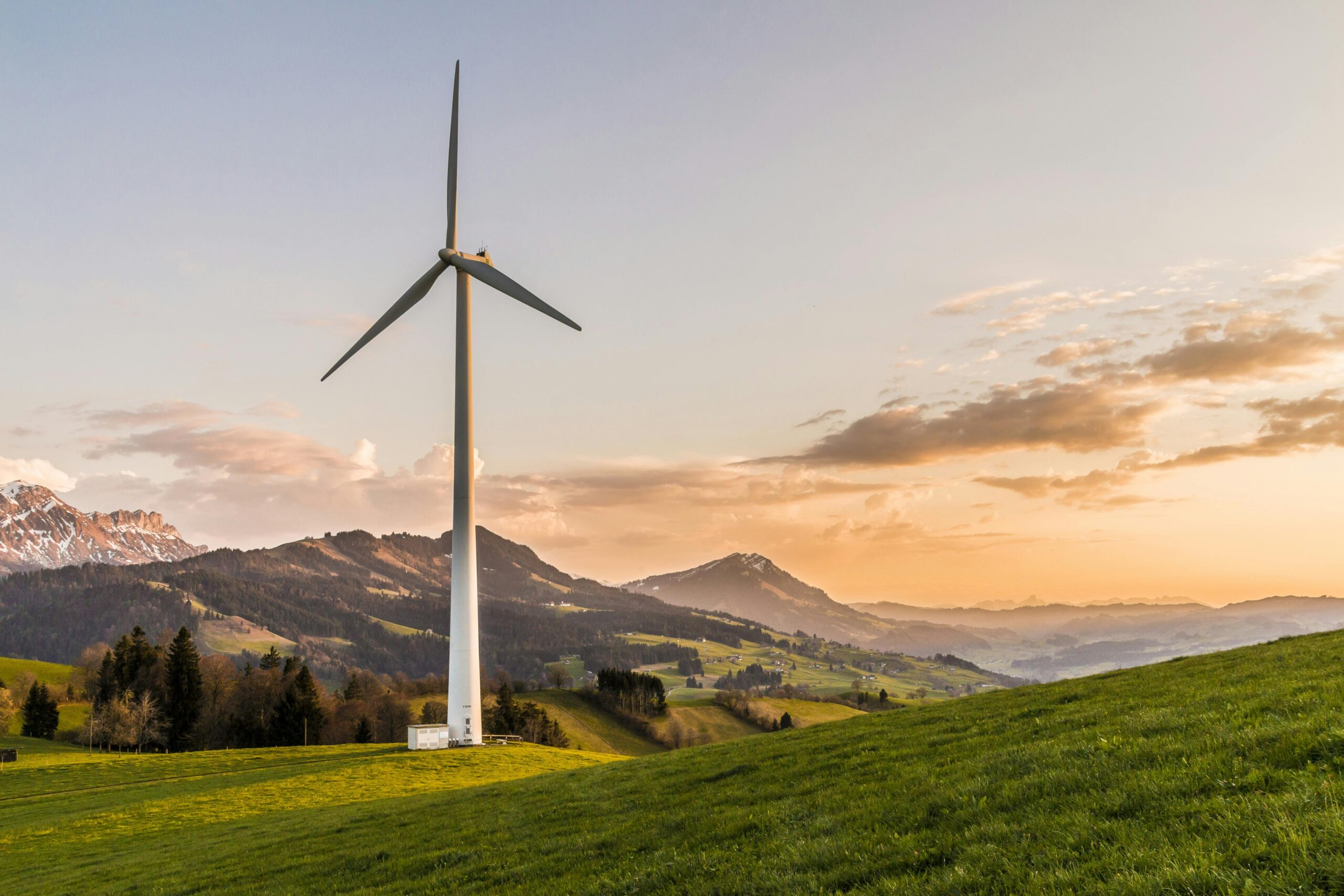
About Us
The Open Library on Green Economy (OLGE) is a global public knowledge initiative dedicated to advancing sustainability, green finance, and education for a just and regenerative future.
Headquartered in Mumbai, OLGE functions as an open, nonpartisan knowledge hub that bridges research, policy, and practice across governments, academia, business, and civil society. It exists to make sustainability knowledge universally accessible and to strengthen collective understanding of the green economy as a pathway toward equitable and low-carbon development.
